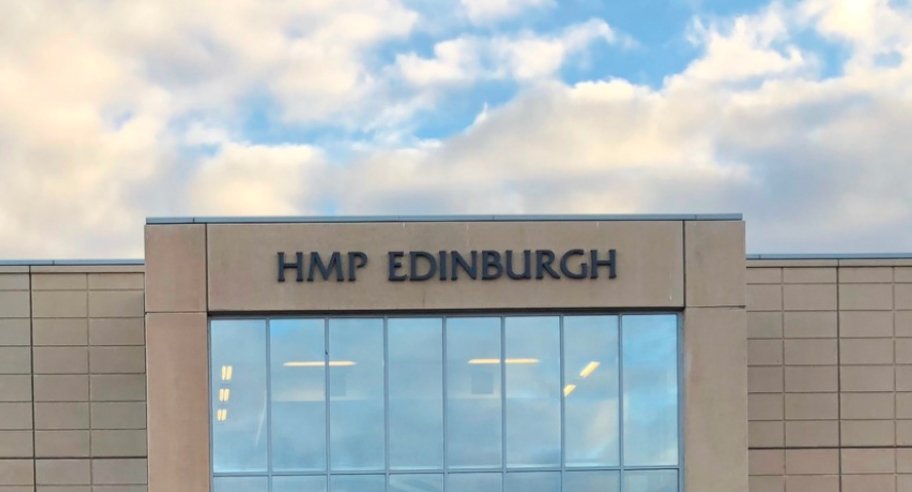A high-level delegation from the Council of Europe’s Committee for the Prevention of Torture (CPT) has completed a surprise inspection of several Scottish prisons, police stations, and secure youth facilities—raising fresh scrutiny over the treatment of people in custody across Scotland.
The nine-day ad hoc visit, which ran from 4 to 13 June, aimed to assess conditions of detention, alleged mistreatment, and whether Scotland has made meaningful progress since earlier CPT inspections in 2018 and 2019.
Focus on Vulnerable Populations
The CPT team—led by Kristina Pardalos and comprising independent medical, legal, and custodial experts—visited:
-
Adult prisons including HMP Perth
-
Secure care accommodation for children and young people
-
Multiple police stations, to assess custody safeguards
The delegation paid particular attention to vulnerable detainees, including minors and individuals with mental health conditions, as well as those deprived of liberty in high-security or isolated conditions.
The CPT is mandated to examine the treatment of persons deprived of their liberty across the 46 member states of the Council of Europe. Its findings, although non-binding, carry significant weight and often trigger domestic reforms.

Meetings With Senior Scottish Officials
During their visit, the CPT held a series of high-level consultations, reflecting the gravity of their mission. Delegates met with:
-
Angela Constance, Cabinet Secretary for Justice and Home Affairs
-
Linda Pollock, Deputy CEO of the Scottish Prison Service (SPS)
-
Jane Connors and Wendy Middleton, senior officers from Police Scotland
-
Gail Woodcock, CEO of Falkirk Health & Social Care Partnership
Independent oversight bodies were also brought into the discussion, including:
-
Sara Snell, HM Chief Inspector of Prisons for Scotland
-
Craig Naylor, HM Chief Inspector of Constabulary
-
Laura Paton, Police Investigations and Review Commissioner
-
Senior representatives from the Care Inspectorate, Scottish Human Rights Commission, and Independent Custody Visitors
Civil society organisations and UK’s National Preventive Mechanism (NPM) also participated, adding an external layer of scrutiny to state-run facilities.
Delegation and Expertise
The CPT’s visiting team included members from across Europe, with expertise in prison management, medicine, and psychiatry:
-
Kristina Pardalos (San Marino), Head of Delegation
-
Mari Amos (Estonia)
-
Christopher Cremona (Malta)
-
Juan Carlos Da Silva (Spain)
-
Imants Jurevičius (Latvia)
-
Anahit Manasyan (Armenia)
They were supported by Francesca Gordon and Aikaterini Lazana of the CPT Secretariat and external experts including:
-
Jurgen Van Poecke, Prison Director, Belgium
-
Dino Vukanovic, medical doctor, Italy
-
Olivera Vulić, psychiatrist, Montenegro
Early Impressions and What Happens Next
At the end of the visit, the CPT delegation presented its preliminary findings to Scottish authorities. These insights are confidential at this stage but will inform the CPT’s full report, due in the coming months.
Scotland will then have the opportunity to respond formally, and—if deemed necessary—undertake corrective actions before the CPT publishes its conclusions.
While Scotland’s prison system has long prided itself on transparency and progressive policies, recent developments—including rising inmate numbers, increased use of early release, and persistent concerns over mental health treatment—have placed added pressure on policymakers.
This visit marks the CPT’s first inspection in Scotland since the pandemic, making it a pivotal moment in the ongoing evaluation of how people deprived of liberty are treated in line with international human rights standards.


















